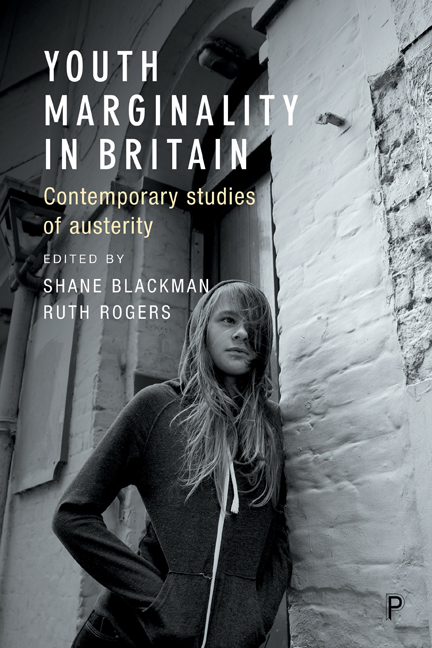eleven - A school for our community: critically assessing discourses of marginality in the establishment of a free school
Published online by Cambridge University Press: 05 April 2022
Summary
Introduction
Proposed in the 2010 Conservative Party election manifesto, ‘free schools’ were introduced in England following the 2010 Academies Act. Borrowing from the Swedish fristående skolor model (West, 2014), free schools are state-funded schools and independent of local authority control. Outside of local authority provision, free schools lay claim to be community focused. First, they are designed to be responsive to community demands for increased availability of ‘good’ schools, by providing schools where supply is not currently meeting demand. Second, they may be established by a range of organisations, including charities and businesses, as well as community and faith groups.
As such, free schools are positioned as being part of the ‘Big Society’ provision of local services (Morris, 2011), whereby the needs of localities are increasingly met through pluralist, communitybased provision. Importantly, the potential of free schools to raise levels of educational attainment, particularly in the most deprived neighbourhoods, is celebrated in political discourses (Department for Education, 2013). For these reasons, free schools are positioned at the centre of communities, and local government is repositioned as being outside of the community, unrepresentative of community interests, and as having contributed to the failure of schools to address social inequalities.
Alternative discourses challenge the social justice claims made on behalf of free schools. While Green et al (2015) have observed that free schools are more likely to be located in neighbourhoods experiencing greater levels of deprivation, the pupils admitted to these schools maynot be representative of these neighbourhoods. Rather than attracting pupils from the most deprived backgrounds, some researchers have observed that the intakes of free schools are likely to be characterised by segregation, as they are more likely to admit lower proportions of pupils in receipt of free school meals than do other, local authority, schools in their neighbourhoods (Morris, 2014, 2015; Walford, 2014). These findings raise an important question regarding which communities free schools can accurately claim to serve. Additionally, the positioning of free schools outside of local authority control raises questions surrounding who represents the community. As Hatcher (2011) contends, free schools are less democratic than local authority schools, despite the claims that free schools enable local communities to have more control of their local school provision.
- Type
- Chapter
- Information
- Youth Marginality in BritainContemporary Studies of Austerity, pp. 177 - 190Publisher: Bristol University PressPrint publication year: 2017



